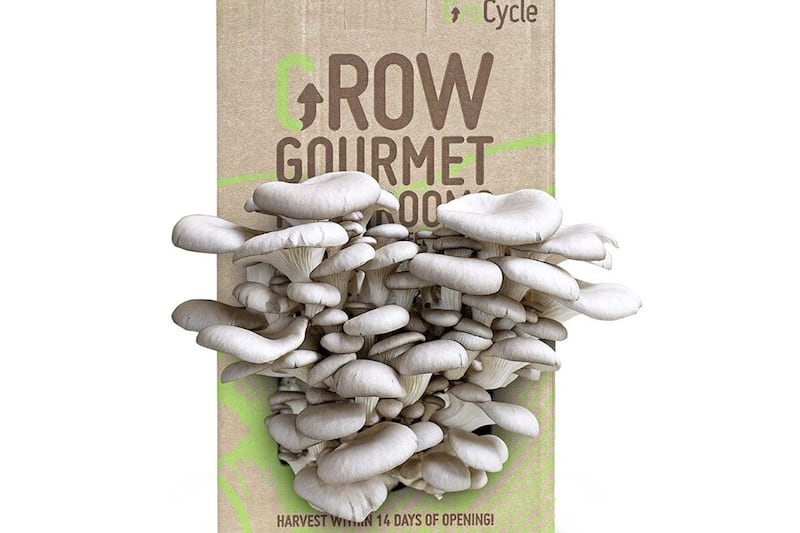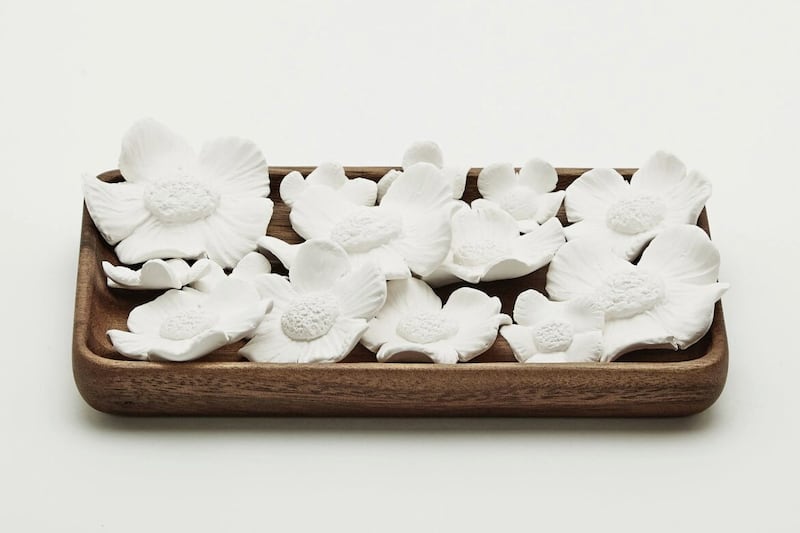WITH TV screens currently bouncing from one sparkling Christmas advert to another, parents are under increasing pressure to buy the biggest and best gifts for their excited children.
But although studies show that last year mums and dads spent an average of £294 buying Christmas gifts for the kids, this year two thirds (66 per cent) of parents are unsure what to buy – often because youngsters are constantly changing their minds about what they want, regardless of what was on their letter to Santa.
Research by Tesco found just under half of parents with children aged under 16 years couldn't correctly guess the main present choice of their child, and a third have bought a toy their child didn't like in the past.
Child psychologist Dr Sam Wass, who appeared on Channel 4's The Secret Life Of 4, 5 And 6 Year Olds, says there's often a 'disconnect' between what parents think their child wants and what the child actually desires.
So to help unsure parents make the best Christmas buys for their kids, he suggests:
:: Size matters
From a selection of identically-wrapped presents of varying sizes, Tesco found boys tended to go for the biggest presents, and girls picked the smallest.
"If you're stuck buying a gift for a boy, our research suggests bigger is always better. Smaller items were favoured by the girls as smaller gifts tend to have more sentimental value, which it seems is more valuable to girls than boys," explains Wass.
:: Versatility
Children often get bored of gifts that only have a single function. Avoid this by picking a gift that's more versatile and lets their creativity and imagination flourish, such as building bricks like LEGO.
:: Playtime
Almost all children need to run around and want toys that are fast, exciting and physical, like a scooter or a football. But they also need toys which help them calm down towards the end of the day, such as a book. "Choose a toy that matches when they normally spend the most time playing to get the most out of your gift," advises Wass.
:: Volume control
Loud noises and flashing lights are exciting, but Wass warns: "For your own sanity, make sure you check the volume before you buy. Buying a gift that they love and you hate is a recipe for disaster."
:: Shared fun
Research suggests children benefit from spending time on shared tasks with their parents. "This can be a great opportunity to spend some time with your child, based around common interests," says Wass. "Give yourself a helping hand and pick a gift that you're interested in too."
PESTER POWER
But what if your kids do know what they want and won't stop pestering you for it? New research by Asda Money shows a quarter of those buying children gifts feel pressure to buy presents that stretch their budget or they can't afford.
And while 26 per cent said the pressure comes from the kids, who want what their friends have or what they've seen on TV, 38 per cent said they felt pressure from themselves to buy better gifts than last year, and one in 10 admitted they're trying to compete with parents of other children to buy the biggest and best presents.
This pressure inevitably results in overspending, with 24 per cent of those who bought presents for children last year saying they went over budget.
Psychologist Dr Linda Papadopoulos says it's important children understand there's not a direct link between asking and immediately getting, and she suggests parents should explain that the best way to get their attention isn't by repeatedly asking for something, but by explaining their reasons and listening to what you think.
"Explain you need to make a decision about whether you can buy a gift based on your own resources and whether it's a reasonable request," she says.
"If it isn't possible, tell them unfortunately sometimes there are certain things you can't accommodate, not only for them, but also for the rest of the family.
"Be sure to stick to your guns. The more you respond to pester power, the more they know it works."
TWO-WAY STREET
But it may be possible to work out a way they can get what they want, maybe by doing more chores, or behaving better at school.
"Giving and taking is a two-way street, and sometimes they need to earn things - although there are still limits," says Papadopoulos.
However, it's not just about giving material gifts, she stresses, pointing out that a study by online retailer Very.co.uk found that while seven in 10 children prefer to receive a gift than give one, when children give a gift themselves, they say the best things are free, with 16 per cent believing a hug is the best gift you can give.
"At Christmas, there's such big focus on giving material gifts," says Papadopoulos, "but we should be encouraging children to think about what else can be given, which doesn't necessarily cost. This could be giving personal time, love, help or even just kindness.
"Kids are exposed to consumerism at increasingly younger ages these days, so you should equip them with the ability to ask themselves why they want something, and if they actually need it."








